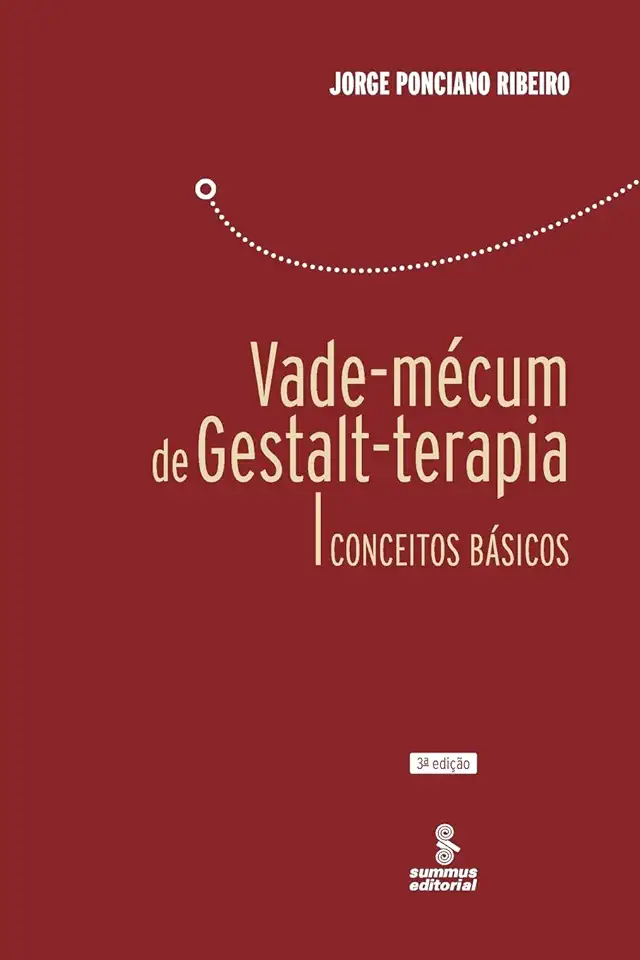
Gestalt Therapy: Basic Concepts
Gestalt Therapy: Basic Concepts
A Comprehensive Guide to the Principles and Practices of Gestalt Therapy
Gestalt therapy is a holistic and experiential form of psychotherapy that focuses on the present moment and the individual's unique experience of the world. Developed by Fritz Perls, Laura Perls, and Paul Goodman in the 1940s and 1950s, Gestalt therapy is based on the idea that individuals are not simply the sum of their thoughts, feelings, and behaviors, but rather complex and integrated wholes.
Key Concepts of Gestalt Therapy
1. The Here and Now: Gestalt therapy emphasizes the importance of being present in the moment and paying attention to one's immediate experience. By focusing on the here and now, individuals can become more aware of their thoughts, feelings, and bodily sensations, and how these factors influence their behavior.
2. Awareness: Awareness is a central concept in Gestalt therapy. By becoming more aware of their inner experiences, individuals can gain a deeper understanding of themselves and their relationships with others. This awareness can lead to personal growth and change.
3. Contact: Contact is the process of connecting with oneself and others in a meaningful way. In Gestalt therapy, contact is seen as essential for healthy functioning and personal growth. By establishing contact with others, individuals can build stronger relationships and experience a greater sense of belonging.
4. Boundaries: Boundaries are important for maintaining a healthy sense of self and for protecting oneself from being overwhelmed by others. In Gestalt therapy, individuals are encouraged to explore their boundaries and to set limits when necessary.
5. Integration: Integration is the process of bringing together different aspects of oneself into a cohesive whole. In Gestalt therapy, individuals are encouraged to integrate their thoughts, feelings, and behaviors in order to achieve a greater sense of balance and harmony.
Benefits of Gestalt Therapy
Gestalt therapy offers a number of benefits for individuals seeking personal growth and change. These benefits include:
- Increased self-awareness
- Improved relationships
- Reduced anxiety and depression
- Enhanced creativity and problem-solving skills
- Greater sense of well-being
Who Can Benefit from Gestalt Therapy?
Gestalt therapy can benefit individuals of all ages and backgrounds who are struggling with a variety of issues, including:
- Anxiety
- Depression
- Relationship problems
- Grief and loss
- Trauma
- Addiction
- Eating disorders
- Career challenges
- Personal growth and development
How to Find a Gestalt Therapist
If you are interested in Gestalt therapy, there are a few things you can do to find a qualified therapist:
- Ask for recommendations from friends, family, or your doctor.
- Search online for Gestalt therapists in your area.
- Contact your local Gestalt therapy institute or training program.
Conclusion
Gestalt therapy is a powerful and effective form of psychotherapy that can help individuals achieve personal growth and change. By focusing on the present moment, awareness, contact, boundaries, and integration, Gestalt therapy can help individuals to live more fulfilling and authentic lives.